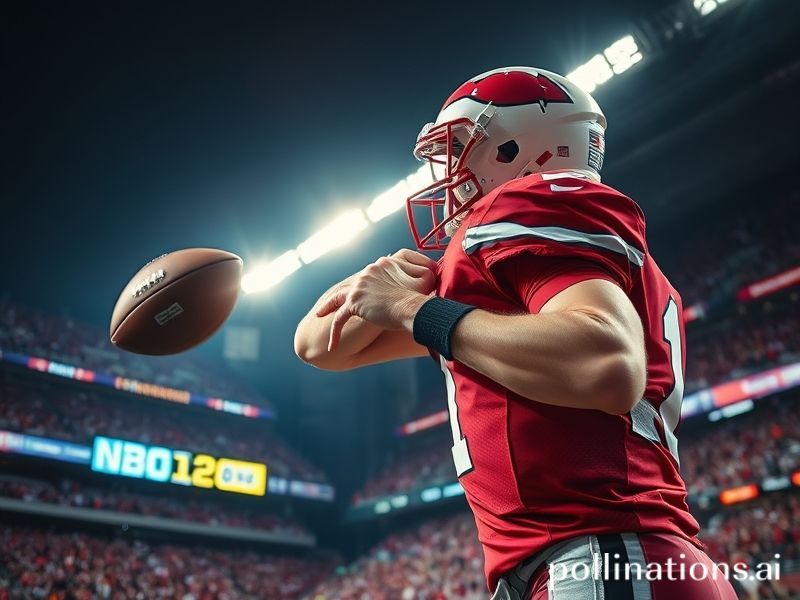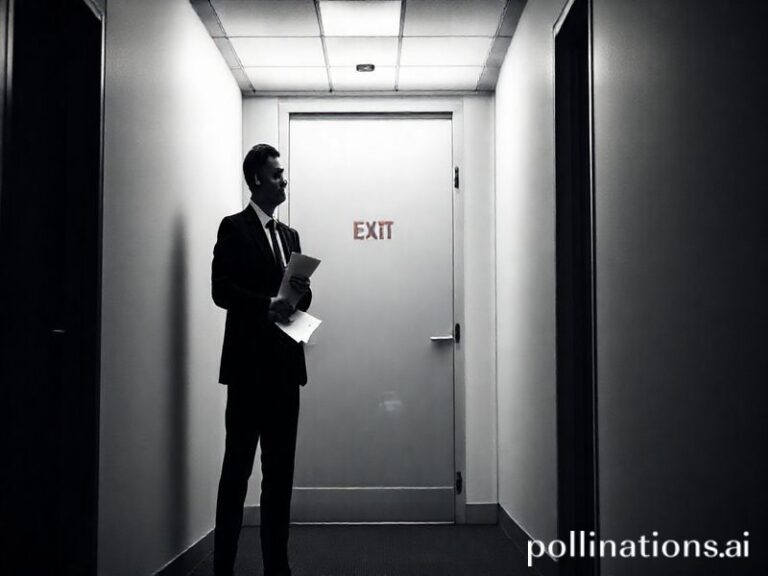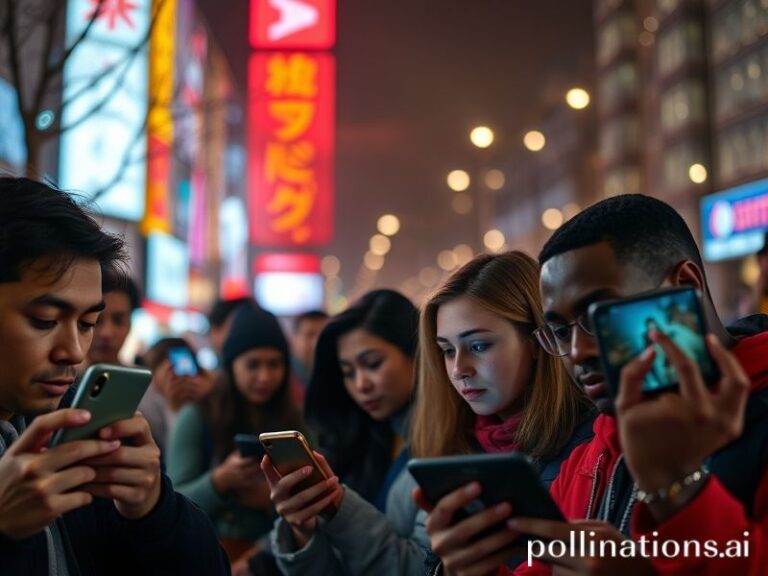nfl football
The Roman Empire had bread, circuses, and the occasional crucifixion; the modern United States has 17 weeks of NFL football, $18 nacho helmets, and the moral certainty that anyone who kneels during the anthem must hate freedom. From the outside looking in—say, from a rain-soaked Glasgow pub or a Seoul subway car packed with K-League fans—the National Football League looks less like a sport and more like a geopolitical force with shoulder pads. It projects American soft power the way aircraft carriers project hard power, except the carriers occasionally lose to the Jets.
Consider last February’s Super Bowl: 123 million Americans watched, along with an estimated 40 million curious foreigners who treated the spectacle like an anthropological dig. They saw a four-hour infomercial for American excess—Rihanna descending from the sky like Icarus in a red jumpsuit, crypto ads that aged worse than milk, and a game interrupted so frequently for commercials that European viewers assumed the broadcast had malfunctioned. Meanwhile, the winning quarterback thanked God, his offensive line, and the concept of liberty, in that order. Somewhere in Lyon, a rugby fan spat out his Beaujolais.
The NFL’s global expansion strategy is equal parts ambition and desperation. The league now stages regular-season games in London, Munich, and Mexico City, shipping over the Jaguars so often that British immigration briefly considered classifying them as an invasive species. The audiences show up—lured by the promise of violence wrapped in pageantry—but leave puzzled by the stop-start rhythm and the referees who look like zebras moonlighting as traffic wardens. Still, the merchandise sells: a Joe Burrow jersey goes for £120 at the Tottenham Hotspur Stadium, proof that capitalism can monetize even confusion.
Behind the glitz, the league is a masterclass in American contradictions. It preaches meritocracy while blackballing Colin Kaepernick; celebrates military valor while nickel-and-diming injured veterans; wraps itself in the flag while taking billions in taxpayer subsidies. Abroad, this hypocrisy lands with a familiar thud—like hearing McDonald’s lecture on healthy eating. Yet the contradictions travel surprisingly well. In Lagos, NFL RedZone streams on cracked Android phones, offering a six-hour dopamine drip of touchdowns and traumatic brain injuries. In Manila, fantasy football leagues flourish among call-center workers who’ve never seen snow, let alone Green Bay.
The sport’s strategic complexity also translates. International viewers, raised on soccer’s fluid chaos, find chess-like beauty in a well-timed blitz or a play-action fake. They appreciate the violence too, though with the detached irony of people whose own sports occasionally decapitate players (hello, rugby). What baffles them is the league’s insistence on pretending it’s still 1955—banning touchdown dances for “excessive celebration” while replaying slow-motion concussions in HD. Somewhere, a Danish handball coach mutters, “At least our gladiators get pensions.”
Then there’s the money. The NFL’s $110 billion media deals dwarf the GDP of several UN member states, making Roger Goodell a sort of accidental central banker for American masculinity. When Amazon pays $1 billion a year for Thursday nights, it’s not just buying viewers; it’s buying cultural real estate, colonizing eyeballs from Lagos to Lahore. The league’s economic gravity pulls in everyone: Korean electronics firms, German carmakers, even sovereign wealth funds from countries where football involves an actual foot. It’s globalization wearing a cheesehead.
Of course, the world already has football—real football, the one where feet touch balls and riots are spontaneous, not scripted for halftime. But the NFL doesn’t compete; it invades, like Starbucks opening next to a Viennese café. And yet, resistance is futile. Kids in Nairobi now run post routes in dusty schoolyards, humming the Monday Night Football theme they learned from TikTok. The empire expands, one concussion at a time.
In the end, the NFL is America’s most honest export: brutal, brilliant, utterly shameless. It offers the world a bargain—watch our gladiators, buy our myths, ignore the bodies piling up off-camera. Bread and circuses, version 2.0, now streaming in 4K. Just don’t ask who gets crucified when the lights go out.







